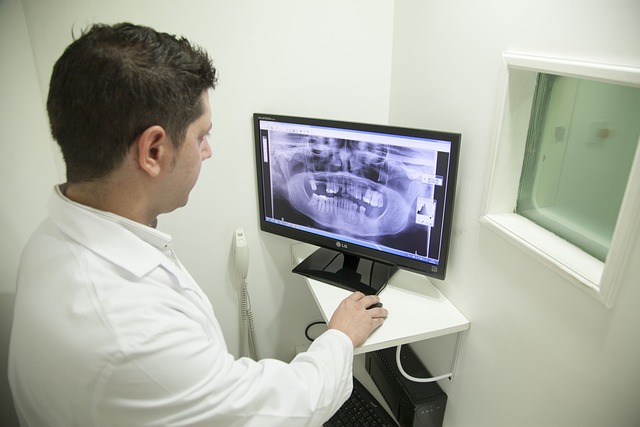Crohn’s Disease: Symptoms, Causes, and Treatment Options

Crohn’s disease is a chronic inflammatory condition that primarily affects the gastrointestinal tract. For those living with it, the journey can often feel overwhelming. Understanding the symptoms, causes, and treatment options available can empower patients and their families to manage this condition more effectively.
Recognizing the Symptoms
The symptoms of Crohn’s disease can vary significantly from person to person. Common symptoms include:
- Abdominal Pain: Often cramp-like, it can be severe and may worsen after eating.
- Diarrhea: Frequent, loose, and urgent bowel movements are common, sometimes accompanied by blood.
- Fatigue: Chronic fatigue can arise from the body’s ongoing struggle with inflammation and nutrient absorption.
- Weight Loss: Unintended weight loss is often a result of malnutrition due to the body not absorbing nutrients effectively.
- Fever: A low-grade fever may accompany flare-ups, signaling inflammation in the body.
These symptoms can ebb and flow, with periods of remission where the individual feels symptom-free, followed by flare-ups that can be quite debilitating.
Understanding the Causes
The precise cause of Crohn’s disease remains elusive, but several factors are believed to contribute:
- Genetics: If someone in your family has Crohn’s disease, your risk of developing it increases.
- Immune System: An abnormal immune response may trigger inflammation in the gastrointestinal tract, even in the absence of a pathogen.
- Environmental Factors: Factors such as diet, stress, and smoking have been linked to Crohn’s, although their precise roles are still being studied.
Treatment Options
While there is currently no cure for Crohn’s disease, many treatment options can help manage symptoms and maintain remission:
- Medications: Anti-inflammatory drugs, immune system suppressors, and antibiotics are commonly prescribed to reduce inflammation and control symptoms. Some patients may also benefit from newer biologic therapies that target specific pathways in the inflammatory process.
- Dietary Changes: Working with a nutritionist can help identify trigger foods and recommend a balanced diet to improve nutrient intake. Many patients find that a low-residue diet can help minimize symptoms during flare-ups.
- Surgery: In some cases, surgical intervention may be necessary to remove damaged portions of the intestine or to treat complications like strictures or abscesses.
Regular follow-ups with healthcare professionals are essential for monitoring the disease’s progression and adjusting treatment plans as needed.
Living with Crohn’s Disease
Living with Crohn’s disease requires ongoing management and support. Joining a support group can connect individuals with others facing similar challenges, providing emotional support and practical tips for day-to-day living. Additionally, educational resources can be invaluable for family members and friends who want to understand how best to support their loved ones.
Ultimately, while Crohn’s disease presents many challenges, with the right information and support, individuals can lead fulfilling lives. Staying informed and proactive is crucial in navigating the complexities of this condition.
